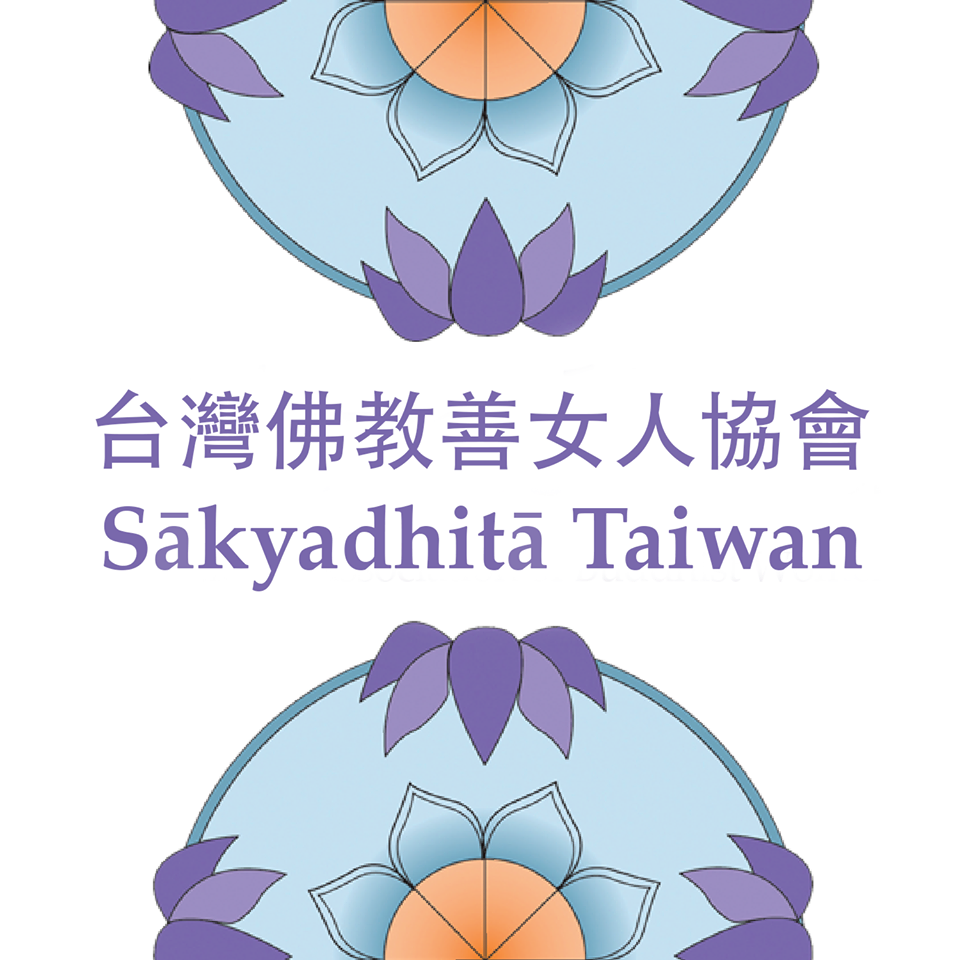Partner Organizations
The Arlene and Leonard Swidler Foundation
The Arlene and Leonard Swidler Foundation's mission is to improve dialogue, engage critical thinking, grow emotional intelligence, and improve access to education. We accomplish this goal in three ways.
First, the Swidler Foundation promotes the full humanization of all women and men by focusing specifically on the marginalized and by supporting the advancement and education of people of all races, beliefs, ethnicities, genders. Assistance for women is prioritized since all women are the "mothers" of humanization and civilization.
Secondly, the Foundation works to improve the environment for all people in developing countries by partnering with cities, non-profits, businesses, public health, and environmental policymakers. Communities can improve dialogue, employ critical thinking, grow emotional intelligence, and access education when their most vital basic needs are met. The Foundation works with organizations to address needs within communities and to reduce some of the most severe threats to our earth and its inhabitants. Initiatives include improving water quality, air quality, waste management, and other necessities that have a definitive, demonstrative impact on education. By improving the educational success and quality of life in developing countries of children and women, we stabilize the lives of the most vulnerable who are often girls.
Thirdly, the Foundation advances and digitally preserves the works of Arlene and Leonard Swidler by conserving the principles they taught concerning peacemaking, equality, dialogue, critical thinking, and emotional intelligence.
Sakyadhita International Association of Buddhist Women
The Sakyadhita ("daughters of the Buddha") organization was founded in 1987 at the conclusion of the first of its biennial conferences bringing together laypeople, nuns, and monks from different countries and traditions around the world. With over 2000 members in 45 countries, the organization’s meetings aim to share the experiences of Buddhist women and improve their conditions around the world. The Taiwan branch will help to facilitate the workshop with FCI this year.
Source: https://www.sakyadhita.org
The Center for East Asian Studies
The Center for East Asian Studies at the University of Pennsylvania is an interdisciplinary unit composed of faculty members whose teaching and research focus primarily on China, Japan, Korea, and bordering areas.
The University of Pennsylvania was one of the first universities in the United States to offer the study of East Asia. The formation of the world-famous collection of Chinese and Japanese art at the University Museum of Anthropology and Archaeology in the late 19th century was followed in the 1920s by courses in language and civilization. After World War II, Penn spearheaded the study of modern East Asia, adding strength in social science, business, and professional curricula. The Center for East Asian Studies was established in 1995 and is administered by Director Frederick Dickinson, and Associate Director David Dettmann.
Source: https://ceas.sas.upenn.edu
Tashi Gatsel Ling Buddhist Center
Tashi Gatsel Ling Buddhist Center was founded in the Gelugpa lineage under the spiritual direction of Khen Rinpoche Geshe Kachen Lobzang Tsetan.
Our mission is to provide a welcoming environment where individuals can explore non-sectarian Tibetan Buddhist practice through consistent programming: meditation, study and periodic teachings and retreats offered by recognized Tibetan Buddhist teachers.
Source: https://tashigatselling.org/




